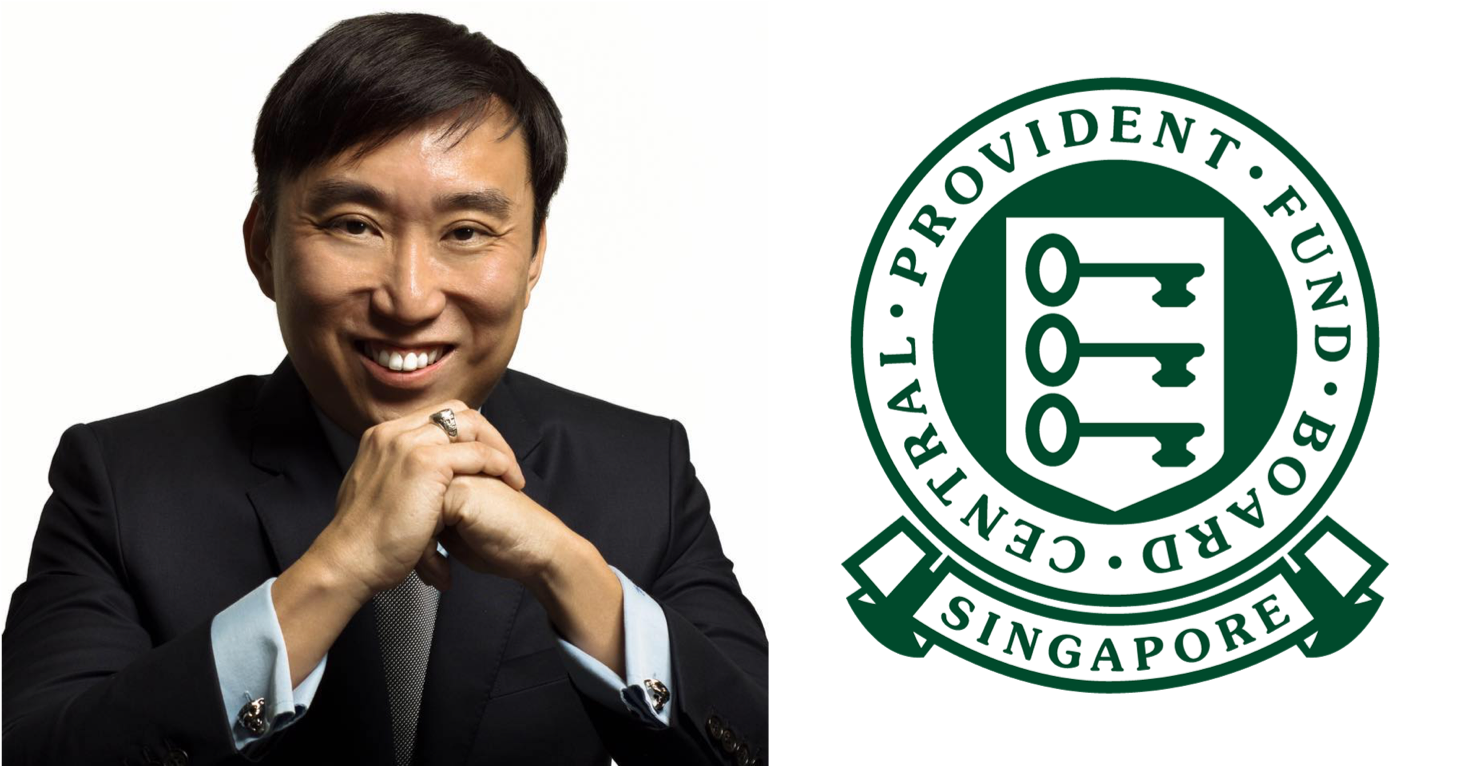There are three topics that Singaporeans can talk about from now until the end of time: Food, ghosts, and the Central Provident Fund (CPF).
The CPF debate recently received another new infusion of energy when Minister for Manpower Josephine Teo debunked some rumours that had spread online about the age at which CPF payouts begin.
CPF payout eligibility age has not changed
Setting the record straight in Parliament, Teo said:
- The CPF Payout Eligibility Age (PEA) has not been raised from 65 to 70 years old, and
- There has been no change in the policy for CPF members to come forward in order to start their retirement payouts.
She also confirmed that people are reminded of their eligibility before they turn 65.
If an individual wants to receive payouts at age 65, the person would need to make an application.
If no action is taken, automatic payouts begin at the age of 70.
Life expectancy higher, retirement age still same
Ex-NMP Calvin Cheng, who rarely refrains from commenting on the topics of the day, waded into the CPF debate with a Facebook post on Feb. 22.
"The CPF problem cannot be solved merely by pushing back drawdown dates, or stretching it out," he wrote.Calvin Cheng's argument
Cheng's point was that life expectancy is on the rise, but people still expect to retire at the same age as generations that have gone before.
"This is impossible," he said.
Cheng drew a comparison to what he calls "European welfare states", which apparently have it worse.
Cheng wrote: "They promised their people that they can retire in their 60s and the state would pay them a pension until they die."
While Cheng did not specify which are the European countries in particular, as various countries have different retirement schemes, he claimed that the state had to pay to support unemployed people for one-third of their lives.
Will get worse
So what's the solution?
According to Cheng, Singaporeans need to work longer, since healthcare standards have improved and people are in a better condition, even as they age.
Cheng proposes a retirement age of 70 or 75, based on a life expectancy of 90, for "CPF savings to last".
He wrote: "Most people cannot expect to retire at 62 and then spend (the) next 30 years living off their savings. It's just not realistic."
In order to avert this, Cheng urged Singapore's political leaders to have the courage to tell the public that retiring at 62 and then getting CPF payouts at 65 will get more difficult, due tor longer lifespans.
But given how hot a potato the CPF issue has become, and how it looks set to continue to metastasise and sink its roots deeper into the population's psyche, whoever has to sell a later retirement message will be in the most unenviable position.
Related stories:
Top image from Calvin Cheng and CPF Board's Facebook pages.
If you like what you read, follow us on Facebook, Instagram, Twitter and Telegram to get the latest updates.
